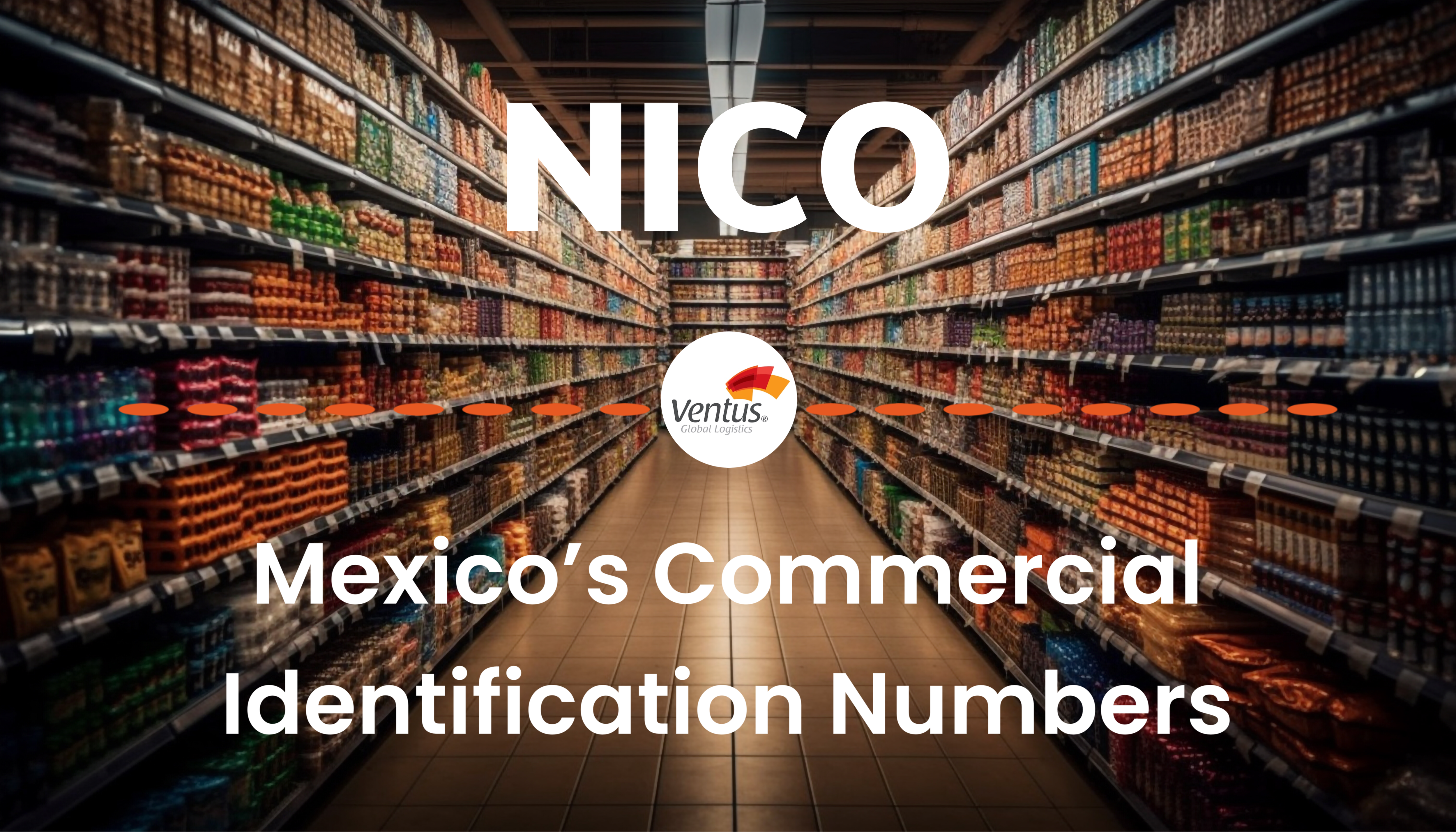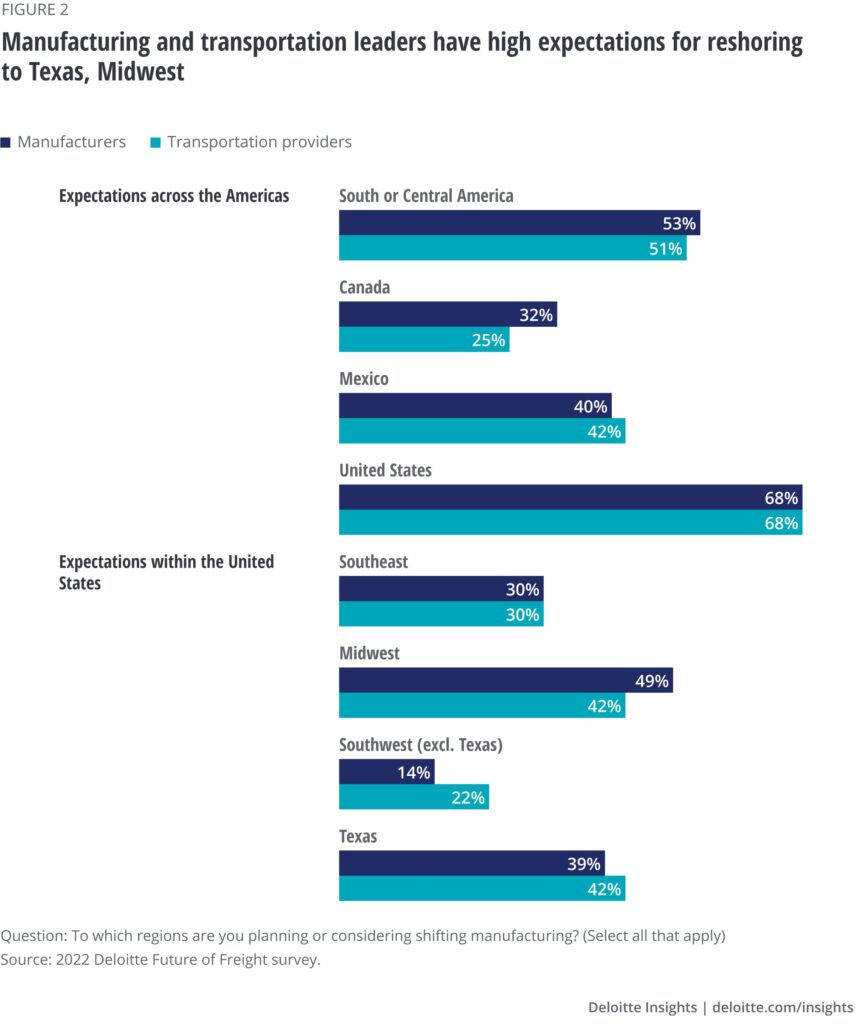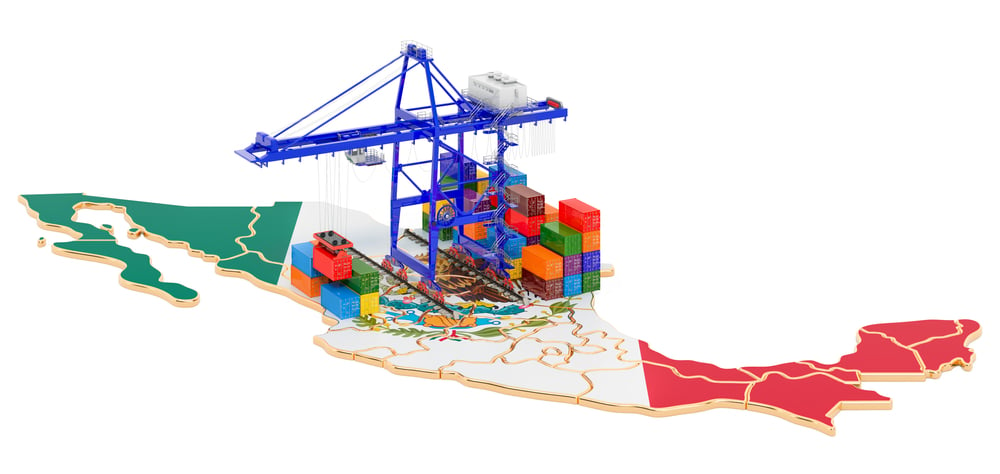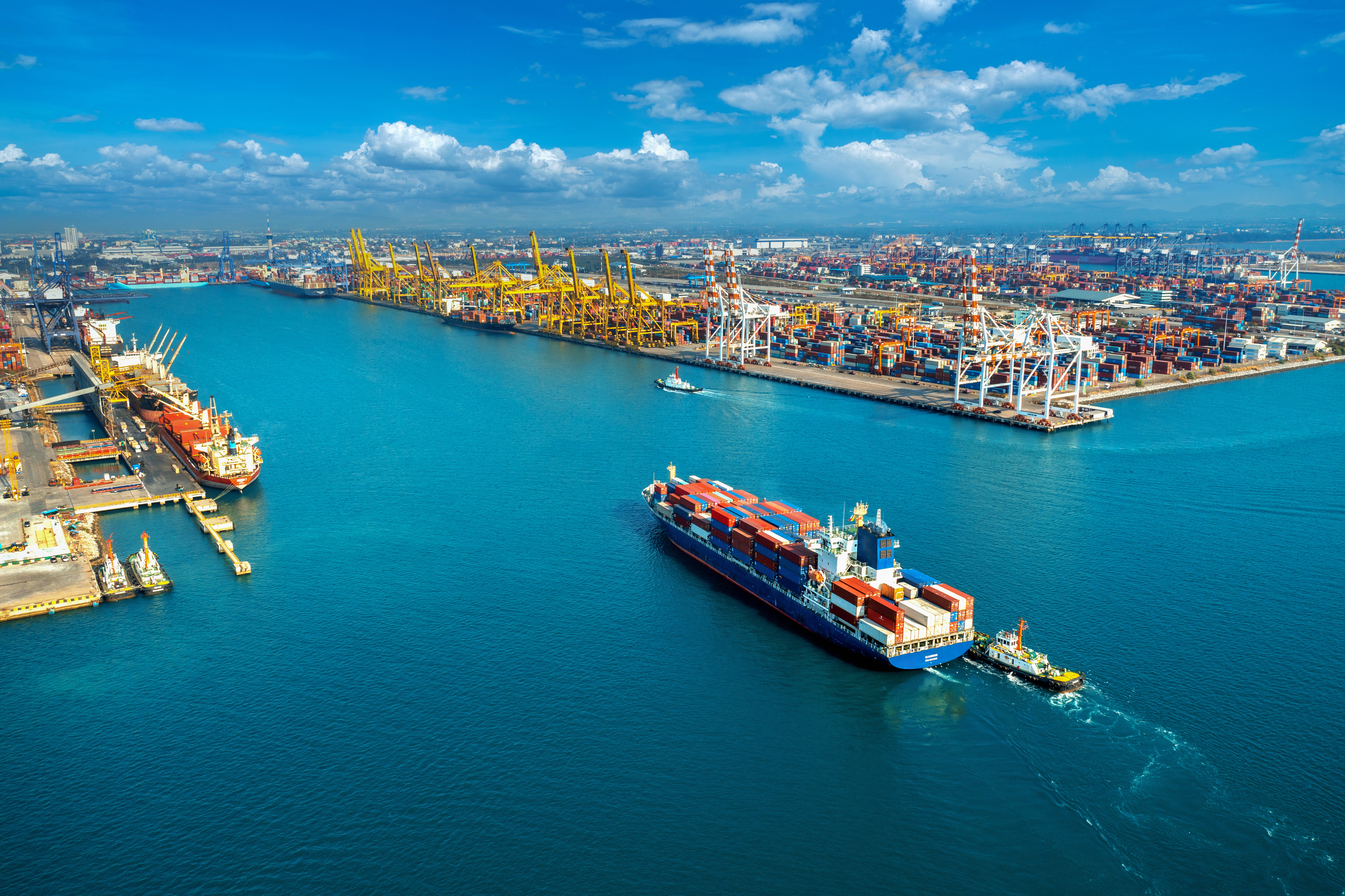Understanding CTPAT
At its heart, CTPAT is a voluntary partnership, a joint effort between the business sector and U.S. Customs and Border Protection (CBP), aiming to shield supply chains and uphold border integrity against terrorism and other security hazards. By joining this initiative, companies show a steadfast commitment to a secure, efficient, and resilient supply chain — an indispensable asset in today's global trading ecosystem.
CTPAT's mission is multi-layered, focusing not just on enhancing security protocols within private supply chains but also on nurturing a culture of continuous enhancement and alertness. This is particularly crucial for US importers, logistics allies like Ventus, and supply chain security maestros, all of whom are key players in ensuring the seamless transit of goods across borders. With CTPAT certification, businesses affirm their compliance with some of the most rigorous security standards, positioning themselves as reliable players in the international trade scene.
The Certification Process
Navigating through the complexities of achieving CTPAT certification illuminates a pathway marked by rigorous adherence to security protocols established by U.S. Customs and Border Protection (CBP). This journey is characterized by a deep dive into a company’s supply chain operations, assessing everything from cargo security to the nitty-gritty of information management. Prospective companies are tasked with showcasing a comprehensive security framework that includes, but is not limited to, fortified perimeters, stringent access control, and thorough personnel security measures. The intensive scrutiny applied ensures that the CTPAT seal is awarded to those who exemplify the pinnacle of security and reliability.
Embarking on this certification trail encourages businesses to adopt a forward-thinking risk management perspective, meticulously evaluating each component of their supply chain. This proactive stance not only serves to shield U.S. importers from potential threats but also strengthens the resilience of the global trade ecosystem.
.jpg?width=741&height=494&name=preenchimento-manual-de-vista-lateral-no-documento%20(1).jpg)
Benefits of CTPAT Certification
The rewards of securing CTPAT certification are diverse and significant. Foremost among these is the marked reduction in supply chain vulnerabilities. Affiliation with CTPAT-certified entities is synonymous with a commitment to top-tier security measures, effectively minimizing the chances of cargo theft, tampering, and unauthorized smuggling. This robust security framework ensures a seamless and dependable trading experience for all involved parties.
Furthermore, the efficiency of customs processes is notably enhanced for CTPAT-certified businesses. This certification grants access to expedited customs clearance avenues, such as Fast Lane borders, alongside a decreased frequency of inspections. Such advantages are instrumental in propelling the swift movement of goods across international frontiers, mitigating delays, and optimizing operational flow.
Perhaps the most transformative aspect of CTPAT certification is its role in fostering a culture of continual enhancement within the logistics landscape. Far from being a mere one-time accolade, it represents an ongoing pledge to elevate supply chain security standards. This dynamic ethos stimulates innovation and adaptability among certified companies, ensuring they stay at the forefront of trade security advancements.

Risks of Non-Partnership
Opting out of partnerships with CTPAT-certified companies in the global trade arena brings forth a set of challenges that could hinder the seamless flow and security of international trade operations. Entities not aligned with CTPAT-certified partners often find themselves under a magnifying glass at customs, tagged as higher risk, which triggers more frequent inspections and inevitable delays. This scenario not only disrupts the timely delivery of goods but can also inflate operational costs, adversely affecting the business's overall efficiency and bottom line.
Moreover, bypassing CTPAT certification in the supply chain amplifies the risk of security breaches. The stringent security protocols and criteria upheld by CTPAT-certified entities serve as a robust defense against theft, tampering, and other threats to cargo security. In the absence of these rigorous standards, companies expose themselves to vulnerabilities that can erode the supply chain's integrity, potentially damaging customer trust and tarnishing the company's reputation.

Conclusion
In wrapping up, the discourse around CTPAT certification has highlighted its indispensable role in fortifying trade security and enhancing the efficiency of the supply chain. As we navigate through the evolving landscape of global trade, the emphasis on aligning with partners who uphold the highest security standards remains paramount. CTPAT certification transcends a mere accreditation; it represents a company’s unwavering commitment to protecting its operational ecosystem and the broader trade network from the prevalent risks in international commerce.
Ventus, exemplifying a CTPAT-certified logistics partner, stands as a beacon of excellence, showcasing what it means to prioritize and invest in superior supply chain security measures. The company's steadfast adherence to CTPAT’s stringent security criteria not only ensures smoother and more secure international trade transactions but also establishes a benchmark of excellence within the industry. Engaging with CTPAT-certified partners like Ventus equips businesses with the confidence to navigate the complexities of global trade with enhanced assurance, efficiency, and integrity.
To sum up, the strategic importance of CTPAT certification in the logistics and international trade sectors is unequivocal. It forms the bedrock for enterprises aiming to excel in a market that is increasingly competitive and security-conscious. The clear takeaway is this: collaboration with CTPAT-certified companies isn't merely advantageous—it's essential for securing a safe, efficient, and thriving trading environment. Click here to get in touch with Ventus.








-1.jpg)
